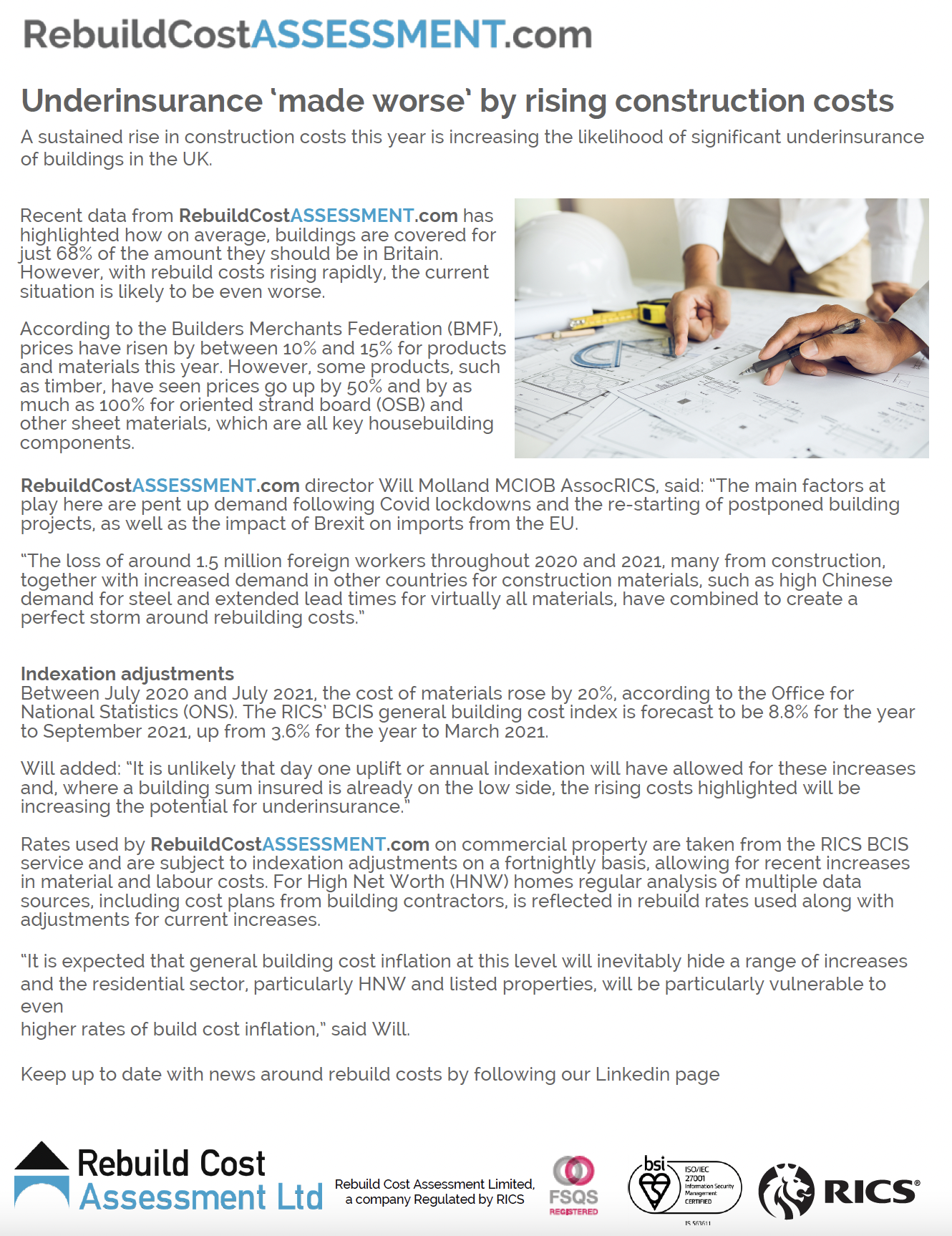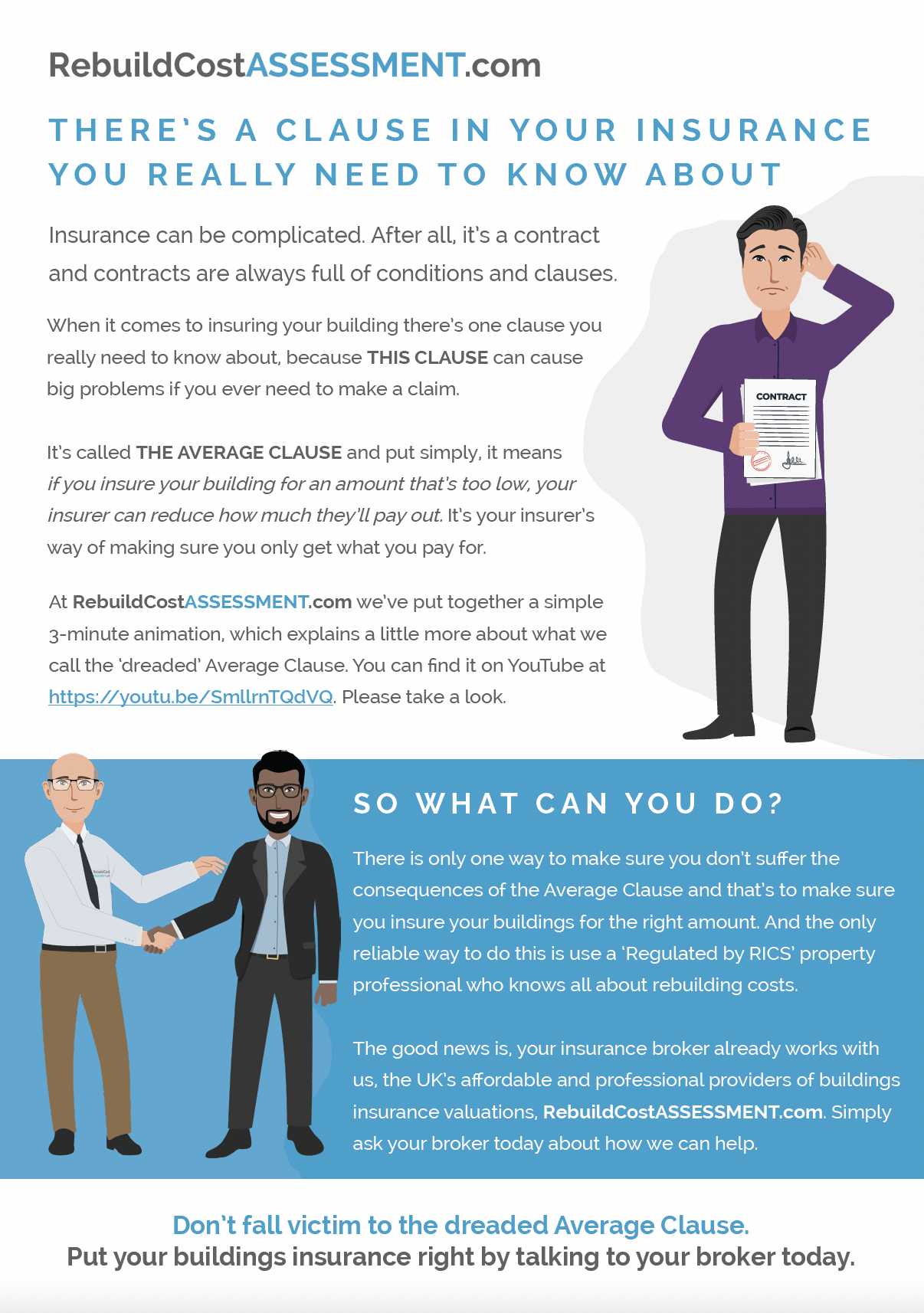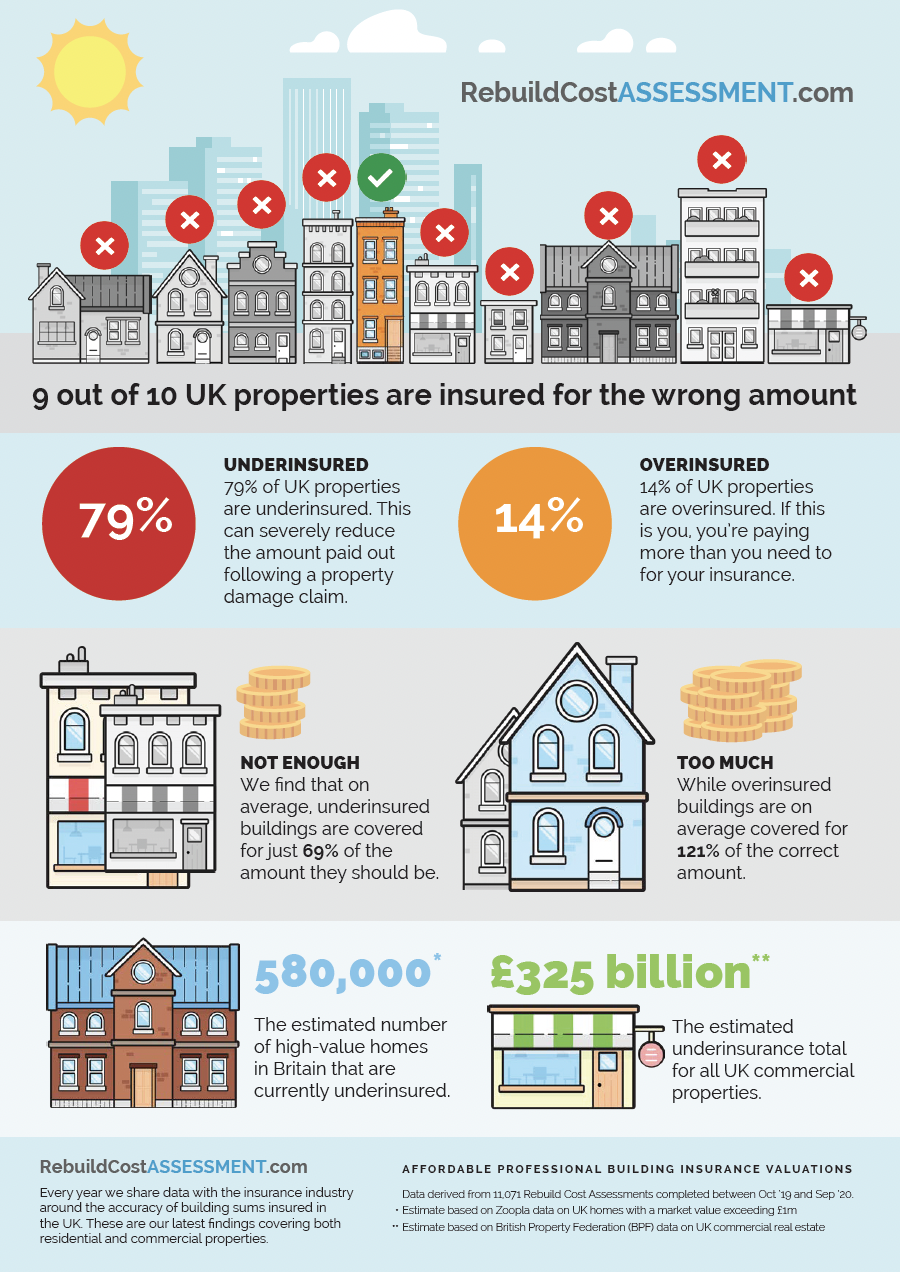What are the main reasons for inflation in Liability claims?
Claims inflation continued to be a priority topic for insurers in the UK and worldwide. Increased litigation costs, increases in psychiatric injury claims, and expensive commercial care packages are creating challenges for insurers.
According to Lloyd’s of London, claims inflation refers to the change in the cost of claims of a like-for-like policy over a period1. Claims inflation is the sum of ordinary economic inflation and excess inflation.
Excess claims inflation
Excess claims inflation is the increase in the cost of a claim beyond that of ordinary economic inflation, which is driven by many different types of inflationary factors such as:
- Advances in medical science and technology
- Increases in certain awards of damages
- New categories of claims
- Professional services spend, such as experts and legal costs
- The rising cost of energy
- The increasing cost of care
Social inflation
In addition to the above economic excess claims inflation factors, social inflation is a subset of excess claims inflation. It is referred to as social inflation because the increased costs are largely attributed to social trends or movements. The ‘social trends’ that are increasing the volume and costs of claims include:
- Third party litigation funding facilitating a larger group of potential claimants to bring proceedings
- Public sentiment driving an increased willingness/appetite to make a claim
- Increases in collective or group actions
- A civil justice jury award system leading to nuclear verdicts
- Shifts in the legal and regulatory environment
- The COVID-19 pandemic
- The cost-of-living crisis
The cost-of-living crisis, professional services spend, the cost of care, and new categories of claims are key inflationary factors driving up the volume and cost of personal injury claims. For example:
Psychiatric injury
The impact of COVID-19, greater use of social media, and the impacts of the cost-of-living crisis have been identified as some of the reasons for the increase. It is also speculated that awareness efforts have contributed to the rise in individuals seeking help for their mental health. In early 2023, the UK government announced £150 million of additional funding would be allocated to mental health services.
Employee mental health and wellbeing have also become a strategic business priority, which is now part of the ‘S’ of their ESG strategy. Simon White, ESG Director at MX Underwriting talks about what the ‘S’ means in ESG here.
Cost of care
Increasing care costs are a significant reason for claims inflation in England and Wales. This has impacted both claims for non-commercial care voluntarily provided by family and friends as well as commercial care required in more complex cases.
Commercial care costs for both directly employed and agency care have also been driven upwards by a shortage of carers and the rising cost of living. Brexit, the pandemic, and a lack of suitable candidates have helped drive these shortages at the very time when there is an increasing demand for care due to the aging population.
In addition, the care sector is suffering from high turnover rates and poor staff retention with other sectors offering better pay, more sociable hours, and better working conditions.
Advances in medical science and technology
Amputation claims have been subject to hyperinflation in recent years and there are several reasons for this trend. The costs of prosthetic devices continue to increase which can be partly attributed to continued technological developments designed to increase levels of function for amputees.
However, even without technological advancements in prosthetic devices, the market is typically seeing price increases of between 5% to 8% per annum for the same products caused by a combination of general economic pressures in the UK and limited competition in the industry.
New surgical techniques such as targeted muscle reinnervation (TMR) or osseointegration (where a titanium rod is implanted into the stump to which the prosthetic is attached rather than the conventional prosthetic socket) can also add an additional layer of costs.
The recent judgments of Swift v Carpenter [2020] and Riley v Salford Royal NHS Foundation Trust [2022]2 have assisted claimants in their efforts to push the legal boundaries and are often cited by leading claimant firms in relation to accommodation, life expectancy and loss of earnings.
Finally, the catastrophic nature of injuries suffered by amputees means that there are often claims for inter-dependent losses of accommodation and care which have also been subject to inflation in recent years.
The cost-of-living crisis
Fraudulent claims typically rise during economic downturns. This flux and uncertainty compared with previous economic downturns causes delays in claim processes and increases costs.
The economic downturn has also seen a significant rise in opportunistic property claims in both residential and commercial lines. In commercial lines, arson and escape of water claims remain prevalent as COVID-19 bounce-back loans and general government support have been withdrawn
How we can help
Specialist Risk Insurance Solutions (SRIS) Claims Director, Justin Welham, comments:
“Whilst not as obvious as the property sector, claims inflation is also starting to have a real impact on casualty claims.
Rising inflation means that the Judicial College guidelines, used to assess general damages claims for pain, suffering and loss of amenity, are quickly out of date and claimant solicitors are looking for higher damages.
We are already starting to see a relatively sharp increase in the average value of general damages paid, which in turn will drive up renewal premiums. As part of our risk management offering, we actively engage with clients to ensure that the appropriate loss control measures are in place to prevent accidents occurring in the first place.
When accidents do happen, our award-winning claims team are on hand to walk the client through the process every step of the way.”
For more information on claims inflation and how this may impact you get in touch with our expert team.
What about Motor claims?
Find out more about what’s driving Motor claims inflation.
Sources:
1 https://assets.lloyds.com/media/8a9d0449-0d0d-41f4-bf76-7de7bc289293/Allowing%20for%20Claims%20Inflation%20in%20Reserving%20-%20Lloyd%27s%20Reserving%20Thematic%20Review%202022.pdf
2 https://www.dacbeachcroft.com/es/gb/articles/2020/october/swift-v-carpenter-the-answer-to-accommodation-claims-or-just-a-halfway-house/#:~:text=Published%209%20octubre%202020&text=In%20summary%2C%20the%20Court%20allowed,discount%20rate%20of%20%2B5%25.&text=Roberts%20calculation%20(%2D0.75%25%20DR,%2D%C2%A3371%2C385%2C%20so%20NIL








